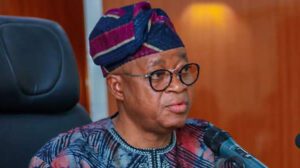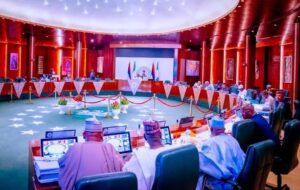
Kaduna Electric apologises for epileptic power supply in some communities
The Kaduna Electric has apologized for the epileptic power supply in some communities in Kaduna, urging customers to be patient as the problem would be resolved soon.
This is contained in a statement issued on Thursday by the Head Corporate Communications of the company, Abdulazeez Abdullahi.
“The management of Kaduna Electric wishes to apologize to residents of Kinkinau, Zango, Kinkinau GRA, Musabaqa and Yantukwane under Tudun Wada Area Office for the epileptic power supply in their communities.
“Similarly, we extend the same wishes to our esteemed customers in Asikolaye, Unguwan Muazu, Sabon Gari, Unguwan Sanusi and Rigasa under Rigasa Area Office and customers in Mando”, he said.
He explained that the inadequate supply was to maintain the right frequency that will stabilise the national grid by the Transmission Company of Nigeria (TCN).
According to him, to avoid a collapse of the national grid, the TCN has shut down the 33KV Kinkinau injection substation that feeds two 11KV feeders supplying electricity to the affected areas.
Abdullah added that the challenge of inadequate power generation nationwide accentuated the problem.
He said that the company’s team of engineers were working closely with TCN to find lasting solution to the problem and improve supply to the affected communities.
“We are confident that the supply situation will improve as soon as possible.
“We appeal to our customers to channel all complaints and inquiries with regards these challenges to their respective area offices where they will be attended to by our customer care representatives”, he added.



